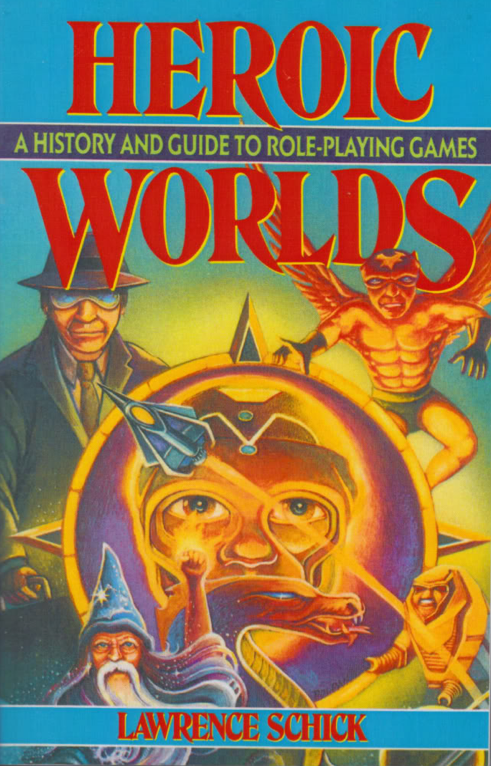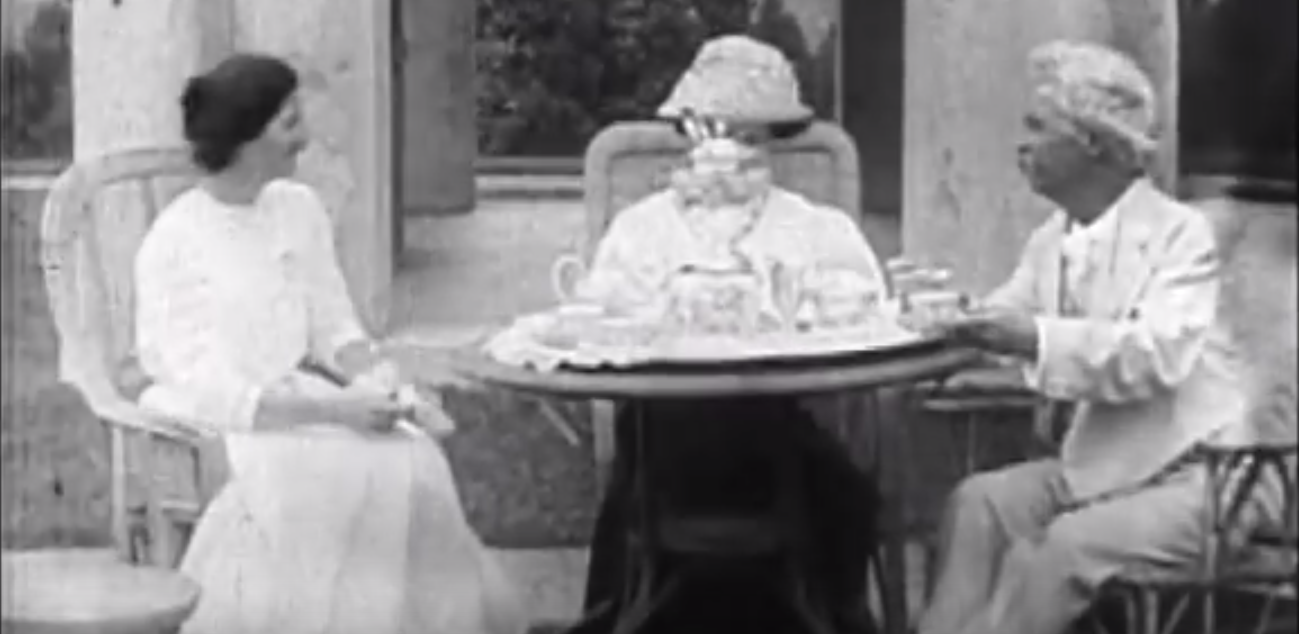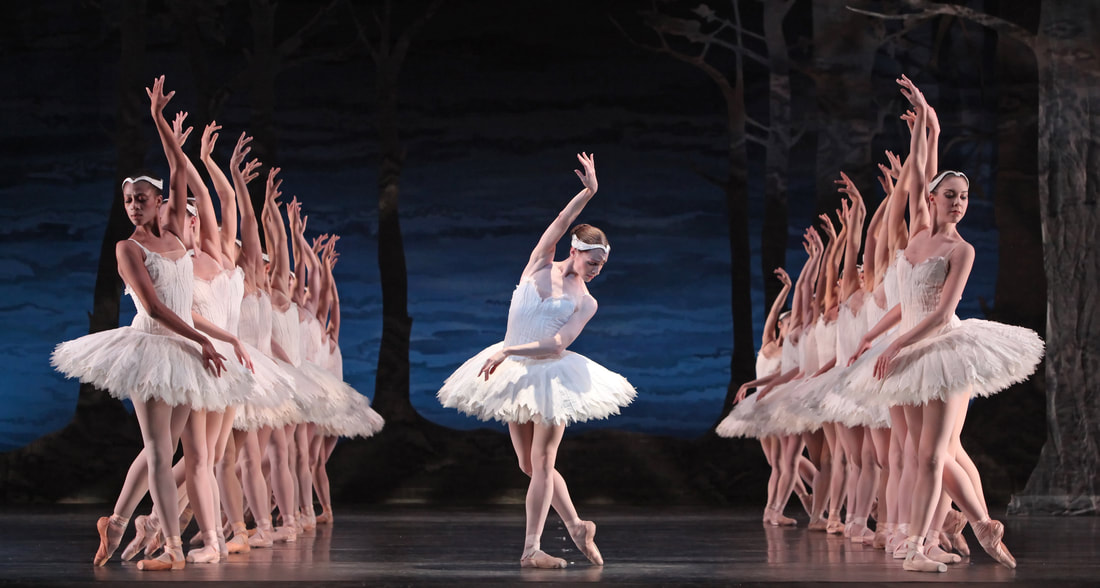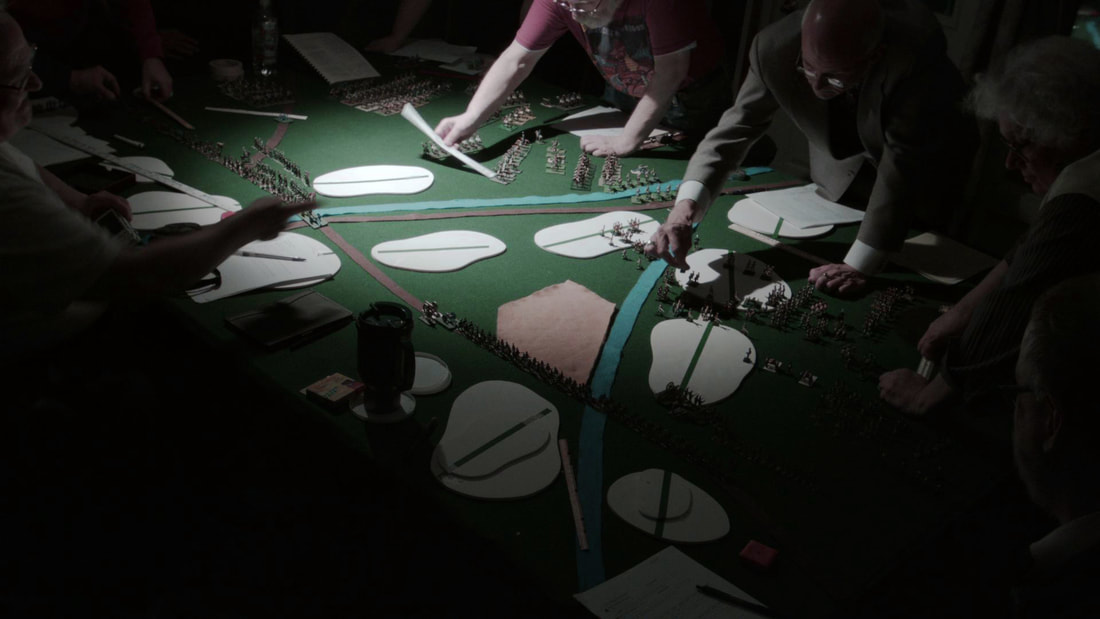|
Image from: http://zenopusarchives.blogspot.com/ You should check his blog out.
Las week I finally broke down and purchased Lawrence Schick's book: Heroic Worlds. https://www.edelweiss.plus/#keywordSearch&q=heroic+worlds&page=1 People often tell me that I should read ___ Fill in blank with name of book here ___. Yet, making a film is much different from making a book. Film making lends itself to creating new documents for the historical record in the form of interviews that can be preserved for future generations. A movie is a collection of ephemeral moments that have been stitched together to tell a story, yet the movie itself is not ephemeral because it exists in time and can be seen over and over. The Family Album of RPG History Shooting interviews is like making a family album of everyone who was there when something happened, and their first person accounts are much richer than mere photographs. If you consider the experience one has if their family was fortunate enough to make home movies of holidays and events on super 8 movie film, or even early video recorders; even silent films give one a peak at how someone is because, you can watch how a smile forms on their face, and the look in their eyes.
Image taken from: https://www.youtube.com/watch?v=mqaSOw1WhjI
What is your feeling about this film of Samuel Clemens and his daughters? Secrets of Blackmoor is not a book report. It is a shared observation in real time. We apply anthropological methods in order to grasp underlying concepts about the gaming culture in the Twin Cities. More importantlty, we bring you as a viewer into the room with us, so you can get to know all of these people, and see their expressions and hear their voices. We hope that you will feel like you've gotten to know them a little bit.
Another video example of how films preserve the ephemeral - taken from Secrets of Blackmoor
We intentionally did not read other history books about the creation of D&D. Conducting our own research and gathering interviews was a freedom we wanted to preserve as long as possible. Yet over time, we've ended up talking to other historians and we can share and compare views, not to mention artifacts within each other's collections. And we now read their books in order to glean new theoretical concepts that could change our own research. Much of what historians are doing within research has to do with looking at game rules, articles, and ephemera from games. We do this as well, it can reveal a lot, yet we also try not to get sucked into looking only at documents because we feel that RPG's are so much more than just a set of rules. Appreciating the Ephemeral I tend to skim books at first and just hunt and peck at passages until I run into a compelling idea. Consider what Mr. Schick says on Page 15:
"The fact that role-playing is not generally recognized as art, despite millions having participated in role playing games, is largely because role-playing is an ephemeral art -- it exists only while a game is in progress.
There are other ephemeral arts -- dance, for example -- but dance can be performed before large audiences. In role playing games, the audience are also the performer, in a performance that is inherently limited to a few players. It's hard for someone not involved in the game to appreciate the group creation, since it's not directed outward toward an audience, and this limits its wide appeal."
Lawrence Schick, Heroic Worlds/ - Prometheus Press (1991)
Image from: https://www.broadwayworld.com/houston/article/BWW-Interviews-Sara-Webb-Talks-Houston-Ballets-SWAN-LAKE-20140602
This is likely the first time anyone has compared RPG's and dance. Schick is pointing at the sublime. By making a relationship between RPG's and dance, he is very subtly leading us to something we gamers overlook -- gaming is challenging -- and a lot of people may not be able to appreciate our art form. I've embedded several videos in this blog post, but this example is something worth viewing in order to gain further understanding. Before you watch, ask yourself: Do I enjoy, or understand dance? And if you find this video challenging to your senses, ask yourself: Does this seem strange because it isn't ballet? And of course the last thing to ask yourself is: Maybe I just haven't learned to appreciate this art form yet? Which leads us full cricle to: Those who have not yet understood the beauty of RPG, should consider trying it and perhaps learning.
Additionally, Schick has outlined a guiding principle that all game historians should consider and apply within their own work: these games only exist as they are being played, thus analysis of war games and RPG's that is limited only to written documents will lead to flawed conclusions. If you want to understand these games, then you must experience them as they are being played.
While making the film we spent a good deal of time video taping games. We have a napoleonic battle using Strategos-N rules by David Wesely. We recorded and played in several American Civil War minis games using Dave Arneson's plastic Air Fix soldiers from the 60's. And of course, we now have parts of 2 different sessions of Blackmoor being played by the original gaming group in the Twin Cities.
A still image of the Twin Cities gamers playing Strategos-N from Secrets of Blackmoor
The Curtain Falls at the Closing of a Great Performance I am very taken with Lawrence Schick's proposal that RPG's are an ephemeral art form. Most of us are innately aware that any game session is a intimate communal experience, yet we don't really think of it as a performed event and we really should. David Wesely's Braunstein games are designed with the core structure elements of story telling: prologue, or beginning; game play, or middle of the story; and the debriefing, or conclusion. At the end of each of his games Wesely briefly interviews everyone who played, so that all the players can find out what everyone else was doing in secret while the game was being played. This lets everyone know how the entire story played out during the game. Maybe we all need to add a new tradition for the end of our own game sessions. It can be as simple as asking everyone to stand up and clap in appreciation of everyone's performance during the game. Or, it can be like David Wesely's debriefing sessions. The DM could stand and then describe something about each character during the game, moving from player to player. Lets take a moment to thank Chalice for her healing spells that kept you from dying after the battle with the goblins. (clapping) And Earl, who nearly died when the party opened the door to the room with the ghouls. (clapping) And most of all, for Harvii the Dwarf, who gave up his life while fighting, so that the rest of you could escape! (clapping) To all of you who are going to be performing this weekend -- we applaud you in advance for your coming virtuoso performances. ;) Secrets of Blackmoor T-shirts are available in our store.
1 Comment
1/13/2022 02:59:26 am
Excellent article! Your post is essential today. Thanks for sharing, by the way.
Reply
Leave a Reply. |
DVD'S, Books, T-shirts, games and more available on our store.
AuthorSecrets of Blackmoor is a Feature-length documentary about the birth of the “Mother of all Games;” Dungeons & Dragons. Archives
January 2024
Categories |
Privacy Policy
All Contents Copyright © 2023 The Fellowship of the Thing, Ltd. - All Rights Reserved
All Contents Copyright © 2023 The Fellowship of the Thing, Ltd. - All Rights Reserved





 RSS Feed
RSS Feed